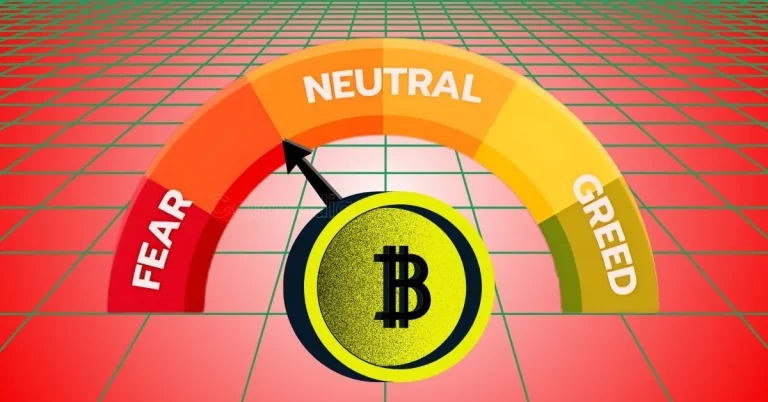
Kuwait is grappling with a severe desertification crisis, as over 70% of its land faces degradation due to human activities and climate change. The Environment Public Authority (EPA) is spearheading Vision 2035, a national strategy aimed at reducing degraded land to 35–40% by 2040. Major efforts include large-scale afforestation, establishing protected reserves, constructing green walls, and collaborating with initiatives like IWMIs Wiqaya project. In the face of soaring temperatures and critical ecological stress, Kuwait is challenged by desertification accelerated by overgrazing, urban expansion, off-road driving, and climate change impacts. The EPA, alongside global assessments, warns of the urgent need for action to secure food sources and enhance national resilience. Despite ongoing initiatives such as green belt projects, reclamation zones, and awareness campaigns, experts stress the necessity for quicker and more impactful progress in combating land degradation. Kuwait reaffirmed its commitment on the World Day to Combat Desertification to reduce degraded land to 35–40% by 2040, part of its comprehensive National Land Degradation Neutrality Strategy under Vision 2035. Technologies like eMISK and Beatona monitor land health, and Kuwait supports broader regional initiatives like the Middle East Green Initiative. The success in addressing desertification hinges on strengthened enforcement of land management programs, community engagement, and cross-sector collaboration for sustainable land use practices.






